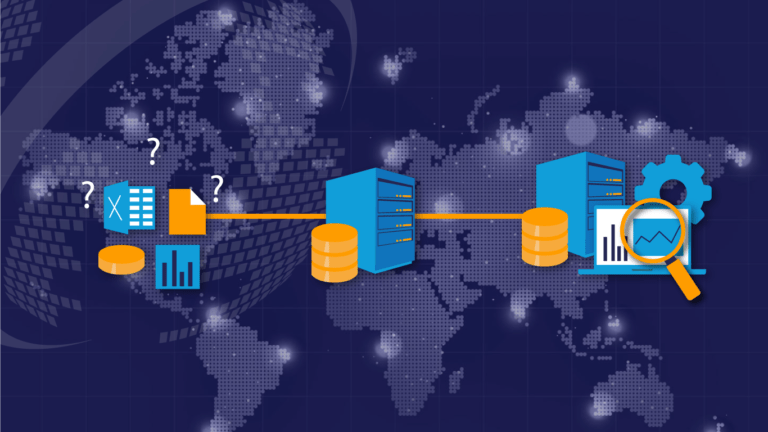In today’s fast-paced, data-driven business environment, effective data governance is a crucial aspect of modern business strategy. Data governance refers to the overall management of the availability, usability, integrity, and security of the data used in an organization. With the rapid growth of big data and the increasing importance of data-driven decision-making, it is more important than ever for businesses to have a strong data governance framework in place.
What is Data Governance?
Data governance involves establishing a set of policies, procedures, and standards to ensure that data is properly managed throughout its lifecycle. This includes defining data ownership, establishing data quality standards, developing data security protocols, and ensuring compliance with regulatory requirements.
The key components of effective data governance include:
- Data Quality Management: Ensuring that data is accurate, complete, and consistent.
- Data Security and Privacy: Protecting sensitive data from unauthorized access and ensuring compliance with relevant regulations such as GDPR, HIPAA, and PCI.
- Data Integration: Ensuring that data is properly integrated and available for use across the organization.
- Data Lifecycle Management: Managing data throughout its lifecycle, including creation, storage, retrieval, and disposal.
Why is Data Governance Important?
Data governance is important for a number of reasons. First, it helps to ensure that data is accurate and reliable, which is critical for making informed business decisions. Second, it helps to protect sensitive data from unauthorized access, which is important for maintaining customer trust and complying with regulatory requirements. Third, it helps to ensure that data is properly integrated and available for use across the organization, which can improve overall operational efficiency and effectiveness.
Moreover, effective data governance can help organizations to:
- Improve data quality and accuracy
- Increase the efficiency of data-related processes
- Ensure compliance with relevant regulations
- Reduce the risk of data breaches and cyber-attacks
- Improve decision-making by providing access to accurate and reliable data
Best Practices for Data Governance
- Establish a Data Governance Team: Appoint a team of experts from different departments, including IT, legal, and compliance, to develop and implement the data governance framework.
- Develop Policies and Procedures: Develop policies and procedures to ensure that data is properly managed throughout its lifecycle. This includes defining data ownership, establishing data quality standards, and developing data security protocols.
- Establish Data Quality Metrics: Define data quality metrics to measure the effectiveness of the data governance program. This includes metrics such as data accuracy, completeness, and consistency.
- Implement Data Security Measures: Implement data security measures to protect sensitive data from unauthorized access. This includes encryption, access controls, and monitoring.
- Monitor and Review: Regularly monitor and review the data governance program to ensure that it is effective and that any necessary changes are made.
Conclusion
In conclusion, effective data governance is a crucial aspect of modern business strategy. It helps to ensure that data is properly managed throughout its lifecycle, which is critical for making informed business decisions, protecting sensitive data, and complying with regulatory requirements. By implementing best practices for data governance, organizations can improve data quality, increase efficiency, reduce risk, and improve decision-making. In today’s data-driven business environment, effective data governance is no longer an option – it is a necessity.







